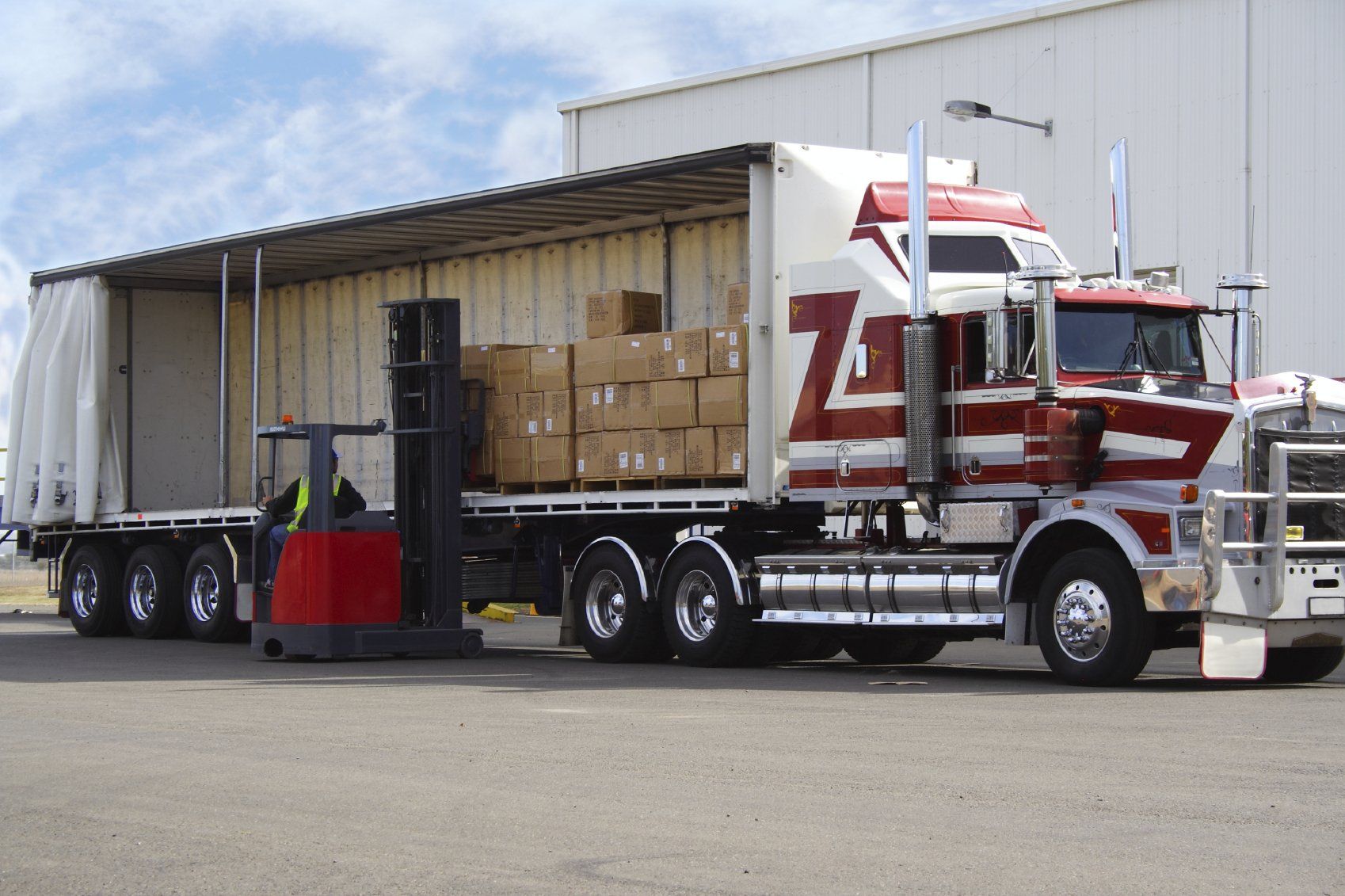Demystifying the International Fuel Tax Association (IFTA): A Guide for Trucking Companies
The International Fuel Tax Association (IFTA) plays a pivotal role in streamlining fuel tax reporting and compliance for interstate trucking operations. Understanding the intricacies of IFTA regulations is crucial for trucking companies to ensure compliance, avoid penalties, and streamline their operations. In this blog post, we'll delve into the fundamentals of IFTA, its significance for the trucking industry, and how trucking companies can navigate its requirements effectively.
What is IFTA?
The International Fuel Tax Agreement (IFTA) is an agreement among United States and Canadian provinces designed to simplify fuel tax reporting for motor carriers operating across multiple jurisdictions. Under IFTA, carriers are required to report and pay fuel taxes based on the total distance traveled in each jurisdiction, rather than purchasing fuel permits for each state or province.
Key Components of IFTA:
- Quarterly Reporting: Carriers registered under IFTA must file quarterly fuel tax returns, reporting the total distance traveled and fuel purchased in each jurisdiction.
- Fuel Tax Rates: Each jurisdiction sets its own fuel tax rates, which may vary from state to state and province to province. Carriers calculate their fuel tax liability based on the total miles traveled and fuel consumed in each jurisdiction at the applicable tax rate.
- Fuel Tax Credits and Refunds: IFTA allows carriers to claim credits or refunds for fuel taxes paid in jurisdictions where fuel was purchased at a higher tax rate than the jurisdiction where it was consumed.
- Recordkeeping Requirements: Carriers are required to maintain detailed records of fuel purchases, mileage by jurisdiction, and other relevant information to support their quarterly fuel tax filings.
Benefits of IFTA:
- Simplified Reporting: IFTA streamlines fuel tax reporting by allowing carriers to file a single quarterly return instead of separate reports for each jurisdiction.
- Reduced Administrative Burden: Carriers benefit from reduced paperwork and administrative overhead associated with managing fuel tax compliance across multiple jurisdictions.
- Uniformity and Consistency: IFTA promotes uniformity and consistency in fuel tax reporting and administration, facilitating efficient interstate commerce.
Navigating IFTA Compliance:
- Registration: Trucking companies operating qualified motor vehicles in multiple jurisdictions must register for IFTA with their base jurisdiction.
- Educate Personnel: Ensure that key personnel, including drivers and administrative staff, understand their roles and responsibilities regarding IFTA compliance and recordkeeping.
- Use Technology: Leverage fuel tax reporting software and telematics solutions to automate mileage tracking, fuel consumption monitoring, and IFTA reporting processes.
- Stay Informed: Stay abreast of changes to IFTA regulations, fuel tax rates, and reporting requirements to ensure ongoing compliance.
Conclusion:
The International Fuel Tax Association (IFTA) simplifies fuel tax reporting and compliance for trucking companies operating across multiple jurisdictions. By understanding the fundamentals of IFTA, leveraging technology, and maintaining accurate records, trucking companies can streamline their operations, minimize compliance risks, and focus on delivering goods efficiently and cost-effectively across state and international borders.












